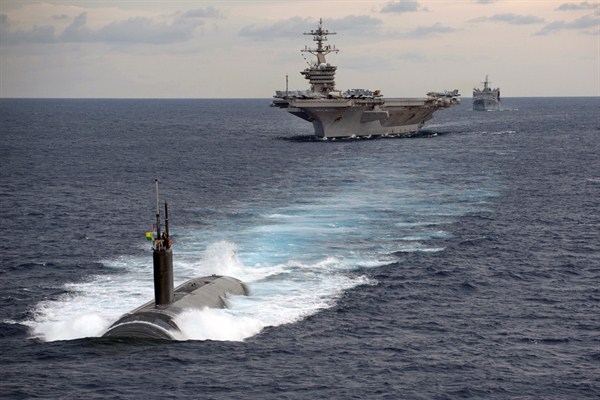
A file photo of Malabar Exercise. India, Japan and the US took part in the multi-national maritime exercise in the Bay of Bengal last year.
NEW DELHI (PTI): Amid increasing Chinese military assertiveness in the waters of South China Sea, a top American military commander has pitched for a quad-lateral security dialogue between India, Japan, Australia and the US even as he hoped for a joint patrol in the Asia Pacific region in future.
Wooing India, chief of US Pacific Command Admiral Harry Harris said that on the security front, the US needs India's leadership in the Indo-Asia-Pacific region as there are significant security challenges that no country can tackle alone.
"We are ready for you. We need you," he said on Wednesday in his address at the 'Raisina Dialogue', a conclave on geo-economics and geo-politics in New Delhi.
He said both countries can together develop a roadmap that leverages respective efforts to improve the security architecture and strengthen regional dialogues.
Talking about India hosting Japan and Australia for its first-ever trilateral dialogue in New Delhi last year, Harris said some of the topics discussed were maritime security, including freedom of navigation patrols, and tri-lateral cooperation in the Indian and Pacific Oceans.
"One idea to consider is initiating a Quad-lateral Security Dialogue between India-Japan-Australia and the United States. Adding the US into this dialogue can amplify the message that we are united behind the international rules-based order that has kept the peace and is essential to all of us," he said.
Pitching for more joint military exercises, he said exercising together will lead to operating together.
"By being ambitious, India, Japan, Australia, the United States and so many other like-minded nations can aspire to patrol together anywhere international law allows... And for decades, the United States has conducted freedom of navigation patrols without incident. No nation should perceive it as a threat," he said.
On the US' re-balance to Asia Pacific, Harris said strengthening economic connective tissue through security and diplomatic partnership is what America's Rebalance to the Indo-Asia-Pacific is all about.
"Expanded cooperation with India will not only be the defining partnership for the Rebalance, it will arguably be the defining partnership for America in the 21st century," he said.
Without naming China or its military assertiveness in South China Sea, the Admiral said freedom of navigation on the high seas and the airspace above them "are not privileges of rich and powerful countries. They're fundamental rights of all nations".
"While some countries seek to bully smaller countries through intimidation and coercion, I note with admiration India's example of peaceful resolution of disputes with your neighbours in the waters of the Indian Ocean. India, indeed, stands like a beacon on a hill in a potential Dark Age," he said.
The Admiral said that two visionary policies are now coinciding at the perfect time.
"Initiated four years ago by President (Barack) Obama, the United States is conducting a strategic Rebalance west to the Indo-Asia-Pacific. While at the same time, India is implementing Prime Minister (Narendra) Modi's 'Act East' policy.
"You need look no further than last October's Malabar maritime exercise between India, Japan and the United States to see the security inter-connectedness of the Indian Ocean, Asia, and the Pacific Ocean," he said.
Harris hoped that in not too distant future, American and Indian Navy vessels steaming together will become "a common and welcome sight" throughout Indo-Asia-Pacific waters.
"Considering the USD 5.3 trillion dollars in trade that traverses each year from the Indian Ocean and through the South China Sea, we all have a vested interest in ensuring our region remain secure, stable, and prosperous. How Indo-Asia- Pacific nations employ naval forces to support these economic interests matters greatly," Harris said.
He said that by 2050, it is expected that 7 out of every 10 people who walk the planet will live in the Indo-Asia-Pacific region.
"This level of population and urbanization will present special challenges in regard to the demand for food, energy, housing and importantly, freedoms," he said.
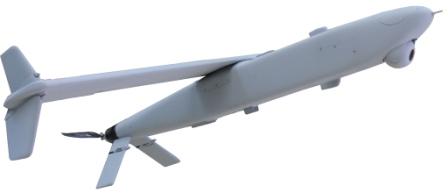 Previous Article
Previous Article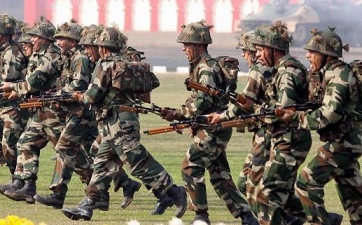 Next Article
Next Article
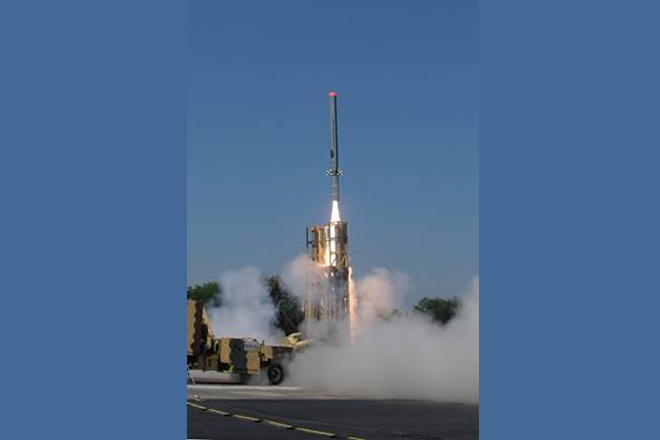
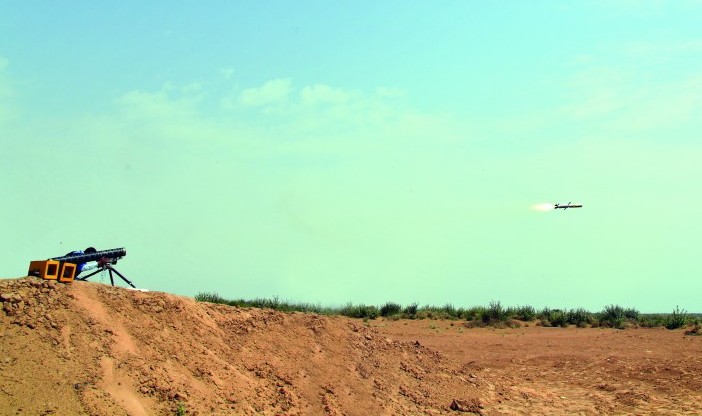
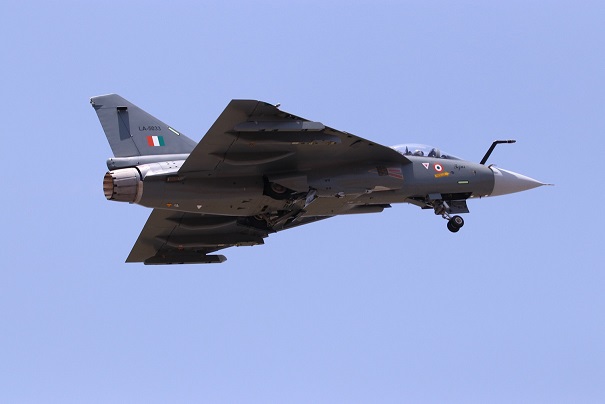
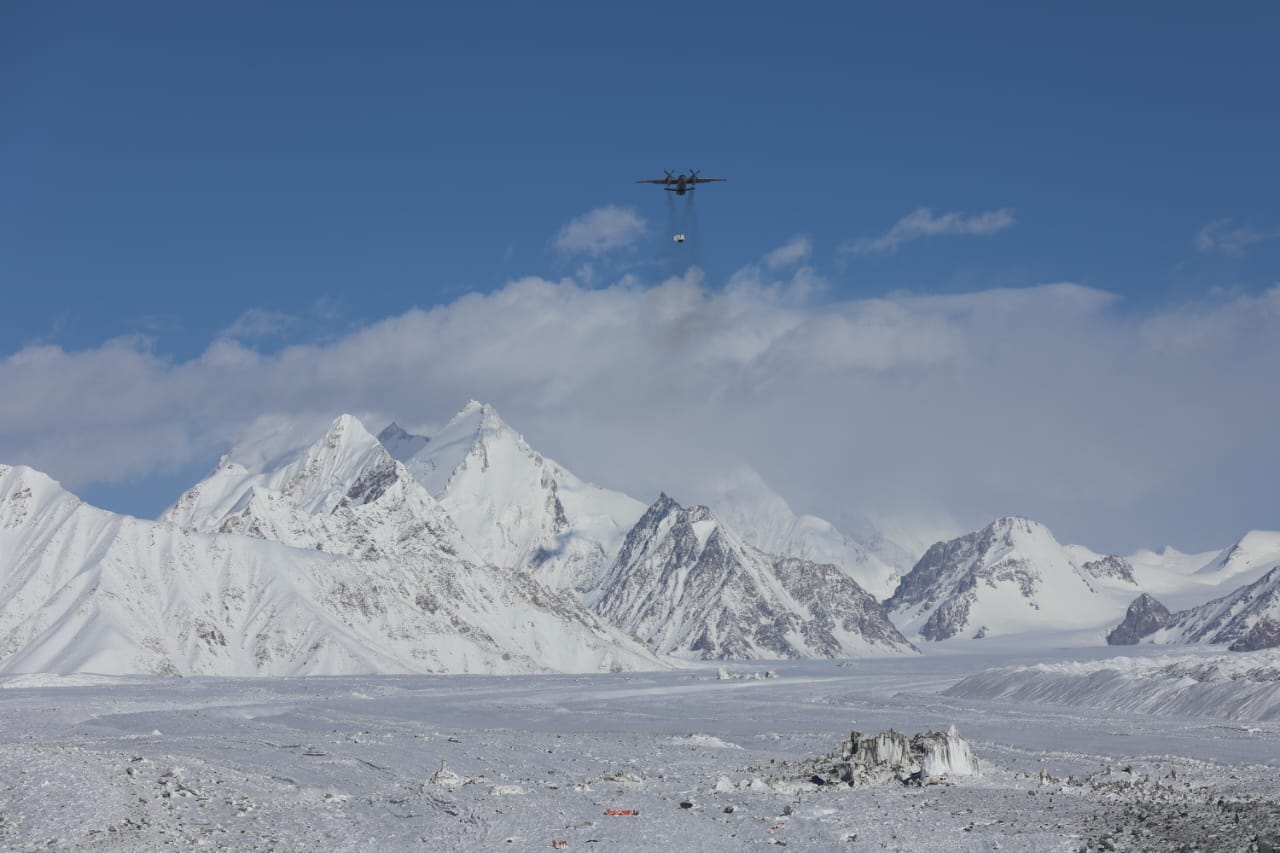

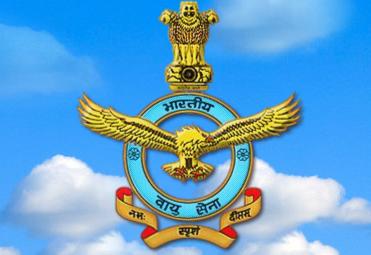
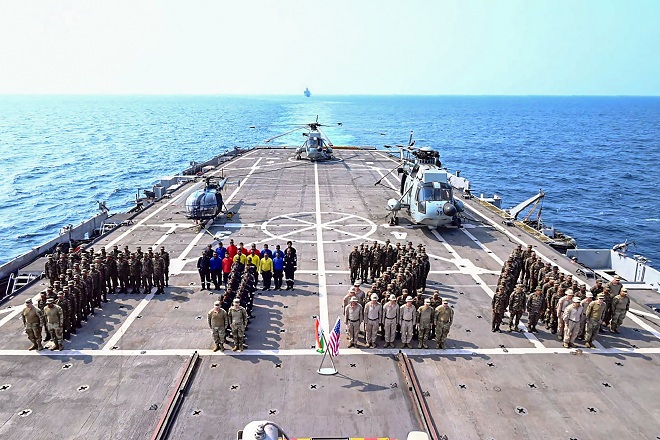

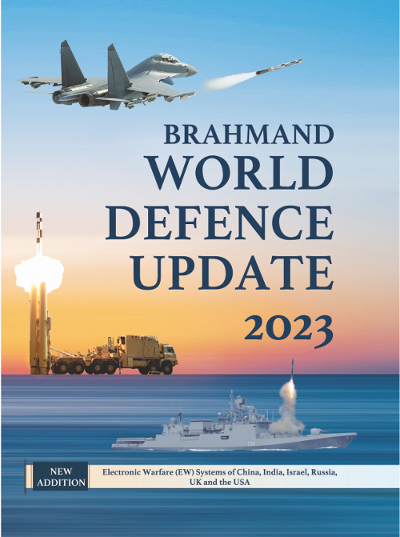




The Indian Air Force, in its flight trials evaluation report submitted before the Defence Ministry l..
view articleAn insight into the Medium Multi-Role Combat Aircraft competition...
view articleSky enthusiasts can now spot the International Space Station (ISS) commanded by Indian-American astr..
view article